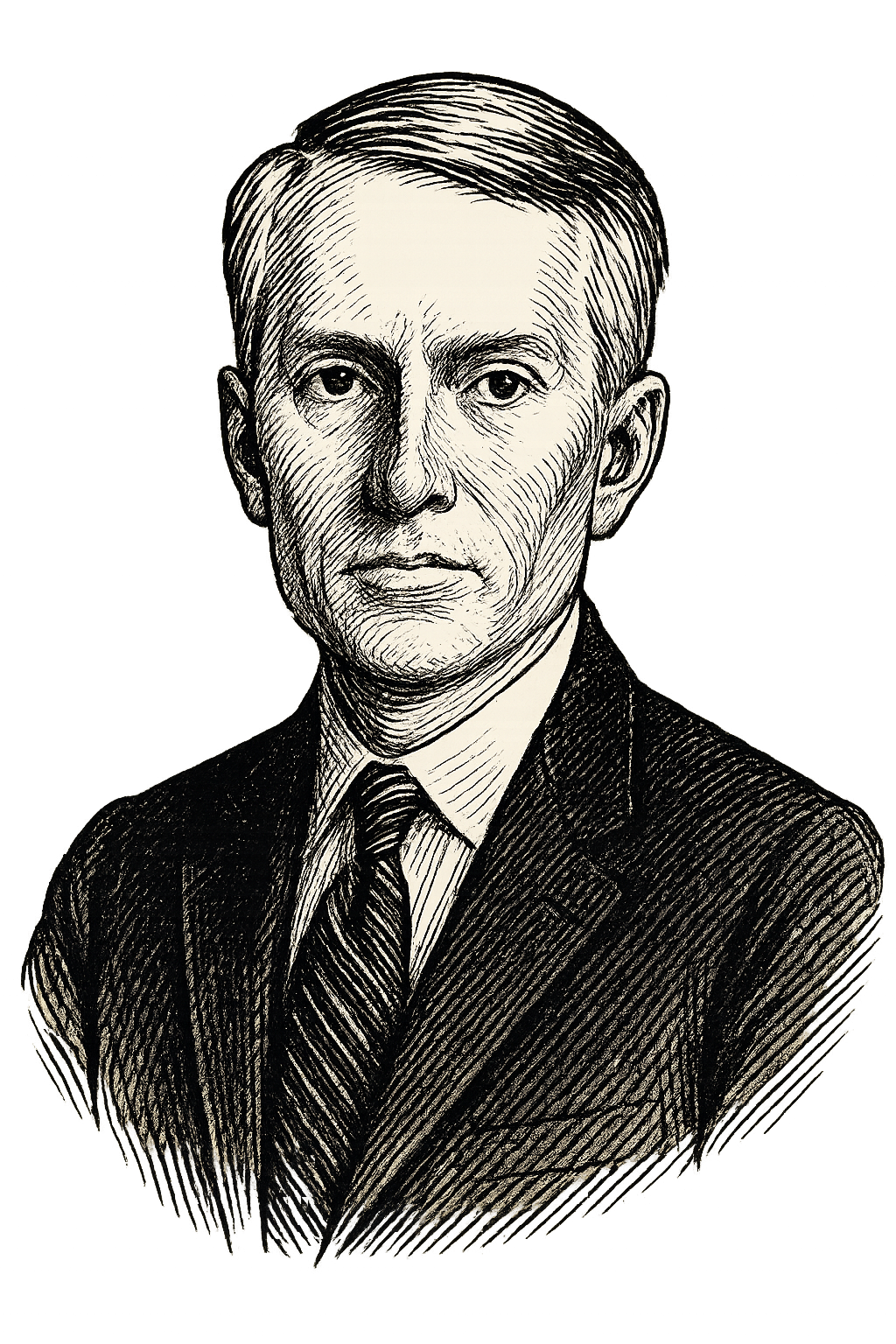Senator Lankford's Timely Reminder of the American Ethos

In an interview with our editor-in-chief, the senator advocates for the uniquely American ideal of individual agency amid increasingly many citizens looking to Washington, D.C. for answers. Additionally, he shares lessons from the Capitol and thoughts on the President's first 100 days.
In November of last year, shortly after Republicans won control of the Senate, as well as the presidency, Senator James Lankford of Oklahoma became vice chair of the Senate GOP Policy Committee. Senator Lankford had captured national headlines during the Biden administration for being the lead Republican negotiator on what was presented as a compromise, bipartisan bill to seek to address the border crisis. After receiving considerable flak for his involvement in the bill, including from fellow Republicans, negotiations eventually broke down, and the bill never passed the Senate.
Prior to his election to the Senate in 2015, Senator Lankford was a Representative from Oklahoma, placing first in a crowded primary without having previously held office. A former Baptist minister, his Christian faith continues to guide his approach to politics.
“If you get angry, go mow your neighbor's lawn.”
The book that is the subject of this interview, Turnaround: America's Revival, took him three years to write. And though it could be interpreted as an homage to President Trump's proclaimed "Golden Age of America," as the senator notes in this interview, he was writing it when it was just as possible that then-Vice President Kamala Harris would be elected to the presidency. Amid a precipitous divergence of reported national pride along political party lines, Senator Lankford consistently advocates a grounded patriotism, no matter which party happens to be in control of Washington, D.C. at a given time.
In the following conversation with Merion West editor-in-chief Erich J. Prince, the senator discusses a few themes: getting involved in one's community, whether an elected official or otherwise; a reverence for the country's founding and Constitution; and, when possible, setting aside the rancor to work on difficult, seemingly intractable problems.
He also opens up about what he learned from being at the center of the controversy surrounding the immigration bill, as well as some general comments about the early days of President Trump's second term.
Timeless reading in a fleeting world.

